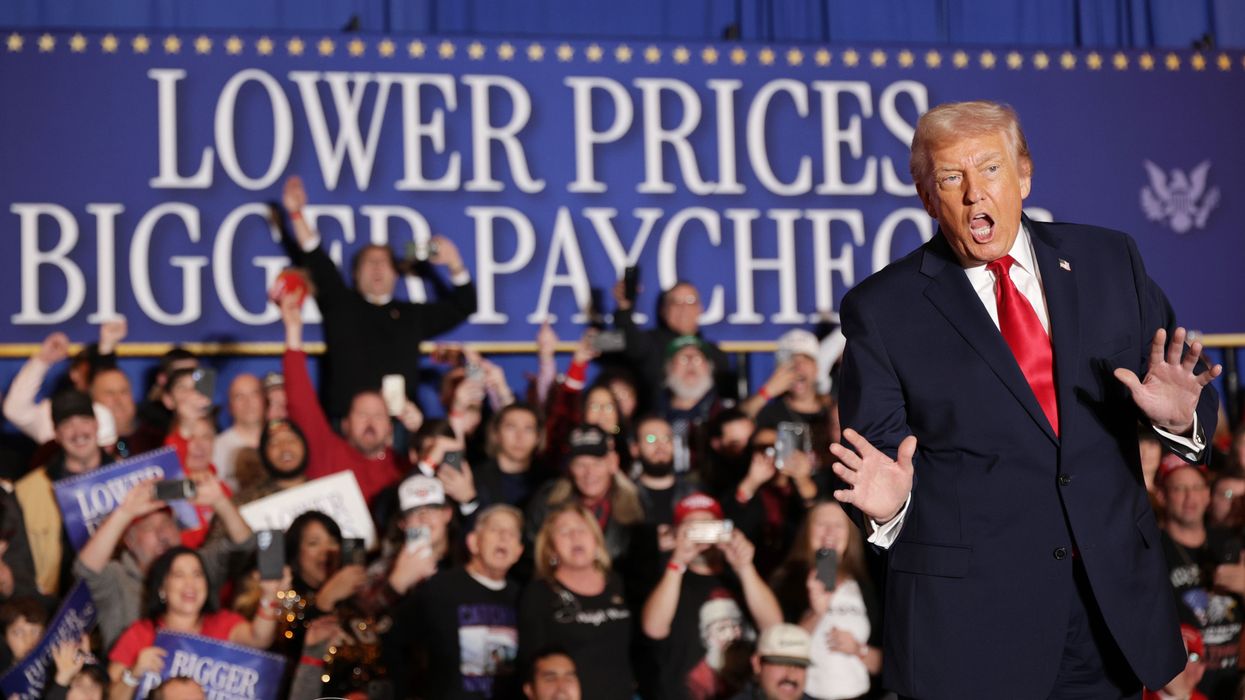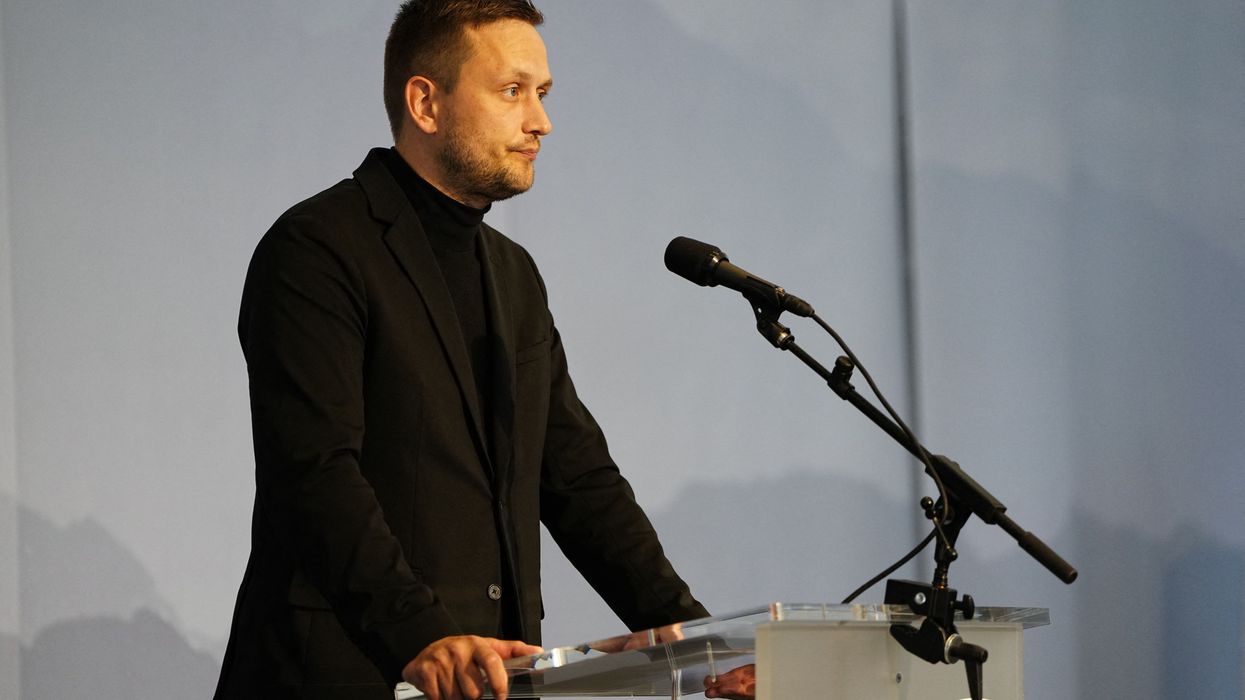July, 10 2017, 02:15pm EDT

For Immediate Release
Contact:
Phone: 415-436-9333 x177,Email:,press@eff.org
AT&T, Verizon, Other Telco Providers Lag Behind Tech Industry in Protecting Users from Government Overreach, EFF Annual Survey Shows
Amazon Fails To Follow, Much Less Lead in Privacy Best Practices, Facebook, Google, and Microsoft Fail to Promise They Will Stand Up to FBI Gag Orders
San Francisco, CA
While many technology companies continue to step up their privacy game by adopting best practices to protect sensitive customer information when the government demands user data, telecommunications companies are failing to prioritize user privacy when the government comes knocking, an EFF annual survey shows. Even tech giants such as Apple, Facebook, and Google can do more to fully stand behind their users.
EFF's seventh annual "Who Has Your Back" report, released today, digs into the ways many technology companies are getting the message about user privacy in this era of unprecedented digital surveillance. The data stored on our mobile phones, laptops, and especially our online services can, when aggregated, paint a detailed picture of our lives--where we go, who we see, what we say, our political affiliations, our religion, and more.
"This information is a magnet for governments seeking to surveil citizens, journalists, and activists. When governments do so, they need to follow the law, and users are increasingly demanding that companies holding their data enact the toughest policies to protect customer information," said EFF Activism Director Rainey Reitman.
EFF evaluated the public policies at 26 companies and awarded stars in five categories. This year EFF included two new categories: "promises not to sell out users," and "stands up to NSL gag orders." The first reflects our concern about the stated goal of several members of government to co-opt tech companies to track people by their immigration status or religion. We awarded stars to companies that prohibit developers and third parties from capturing user data to assist governments in conducting surveillance.
We also awarded stars to companies that exercise their right to make the government initiate judicial review of gag orders that prohibit them from publicly disclosing they have received a National Security Letter (NSL). NSLs--secret FBI demands for user information issued with no oversight from any court--permit the FBI to unilaterally gag recipients, a power EFF believes is unconstitutional. Facebook, Google, and Microsoft have failed to promise to step up and exercise the right to have the government put NSL gag orders before a court.
Nine companies earned stars in every category this year: Adobe, Credo, Dropbox, Lyft, Pinterest, Sonic, Uber, Wickr, and Wordpress. Each has a track record of defending user privacy against government overreach and improved on their practices to meet the more stringent standards in this year's Who Has Your Back.
Two tech companies lagged behind in the industry: Amazon and WhatsApp, both of which earned just two stars. EFF's survey showed that while both companies have done significant work to defend user privacy--EFF especially lauds WhatsApp's move to adopt end-to-end encryption by default for its billion users around the world--their policies still lag behind. Online retail giant Amazon has been rated number one in customer service, yet it hasn't made the public commitments to stand behind its users' digital privacy that the rest of the industry has.
AT&T, Comcast, T-Mobile, and Verizon scored the lowest, each earning just one star. While they have adopted a number of industry best practices, like publishing transparency reports and requiring a warrant for content, they still need to commit to informing users before disclosing their data to the government and creating a public policy of requesting judicial review of all NSLs.
"The tech industry as a whole has moved toward providing its users with more transparency, but telecommunications companies--which serve as the pipeline for communications and Internet service for millions of Americans--are failing to publicly push back against government overreach," said EFF Senior Staff Attorney Nate Cardozo. "Both legacy telcos and the giants of Silicon Valley can and must do better. We expect companies to protect, not exploit, the data we have entrusted them with."
For the full report:
https://www.eff.org/who-has-your-back-2017
The Electronic Frontier Foundation is the leading nonprofit organization defending civil liberties in the digital world. Founded in 1990, EFF champions user privacy, free expression, and innovation through impact litigation, policy analysis, grassroots activism, and technology development. EFF's mission is to ensure that technology supports freedom, justice, and innovation for all people of the world.
(415) 436-9333LATEST NEWS
As Americans Face Affordability Crisis, Two-Thirds Say Trump Policies Mainly Favor the Rich
Sen. Tammy Baldwin said that when Trump gives his economy high marks, "it is so clear that he's talking about the economy for him, his billionaire friends, his billionaire Cabinet members."
Dec 22, 2025
As Americans increasingly struggle with the cost of living, nearly two-thirds now say President Donald Trump's policies favor the wealthy over everyone else, according to poll results published Sunday.
When respondents were asked by a CBS News/YouGov poll back in March who they felt the president's policies were most geared toward, already a majority, 55%, said the wealthy were benefiting the most, while 33% said his policies benefited everyone equally. Just 1% said his policies would most benefit the poor.
Since then, Trump has imposed a series of regressive tariffs that have driven inflation up, costing the average family an extra $1,200 this year, according to an estimate by Democrats on the Joint Economic Committee in Congress.
He also passed what has often been described as the largest upward transfer of wealth in US history. After July's One Big Beautiful Bill Act, the top 1% of earners are poised to pay over $1 trillion less in taxes over the next decade.
Meanwhile, its cuts to Medicaid and Affordable Care Act health insurance subsidies are expected to result in around 15 million people losing health insurance, while roughly 4 million—including 1 million children—will see cuts to their Supplemental Nutrition Assistance Program (SNAP) benefits.
When CBS/YouGov asked the same question nine months later, the number who said Trump's policies favored the wealthy had shot up by 10 points to 65%. The number who said they'd benefit everyone equally has dropped by about the same amount, and Trump convinced no one that he was primarily looking out for the poor.
Trump's approval ratings have hit record lows in 2025, with the economy—once the area where Americans had the greatest faith in him—now serving as one of the biggest sources of backlash.
Last week, after months of delay, a Labor Department report showed that unemployment had climbed to 4.6% in November, the highest rate since 2021—nearly 50,000 manufacturing jobs, which Trump's tariffs are supposedly meant to protect, were shed between February and September. At the same time, wage growth has decelerated to 3.5% year-over-year, the department said.
Just 18% told CBS News/YouGov they felt as if they were financially better off since Trump took office, while 50% said they were worse off. Thirty-two percent said they were about the same.
When not simply pretending that the economy has improved under his watch—as he did in his primetime address last week—Trump and his allies have blamed economic sluggishness on his predecessor, former President Joe Biden.
But Americans largely do not buy this framing: 47% say Trump's policies are more responsible for the state of the US economy today, while just 22% still predominantly blame Biden, and another 22% say both are equally to blame.
Last week, Trump said his economic performance deserves an "A++++." But just 5% of voters gave him an A. Instead, 24% gave him an F, another 25% gave him a D, and 26% gave him a C.
In a post on social media, Sen. Tammy Baldwin (D-Wis.) said that when Trump gives his economy high marks, "it is so clear that he's talking about the economy for him, his billionaire friends, his billionaire Cabinet members."
Keep ReadingShow Less
Decimated by Tariffs, US Farmers Warn Trump Bailout Not Nearly Enough to Erase Pain He Caused
"The average soybean acre in the United States this year is going to lose $109 an acre, and that's well over two dollars a bushel," said one farmer. "It's bloody."
Dec 22, 2025
President Donald Trump has announced a $12 billion relief package for US farmers hurt by his global trade war, but there are already signs that it will be woefully insufficient.
The Guardian reported on Monday that many US farmers are concerned that the bailout offered by the Trump administration won't come close to making up for the damage done by Trump's tariffs over the last nine months.
The report cited data from the American Farm Bureau showing that US crop farmers have collectively lost $34.6 billion this year, a total that is nearly three times the size of Trump's farm aid proposal.
Dan Wright, president of the Arkansas Farm Bureau, told the Guardian that Trump's plan is both too little to make up for lost sales and too late to prevent many farms from going under.
"A program that provides roughly $50 an acre will not save the thousands of family farms that will go bankrupt before the end of the year," Wright explained.
The Guardian noted that farms in Arkansas are expected to be hit particularly hard by bankruptcies this year, although farmers across the US report being under duress.
Ohio Capital Journal reported last week on new data from the Atlantic Council’s Tariff Tracker showing that Ohio farmers lost $76 million worth of exports to China this year after the Chinese government cut off all US soy purchases in retaliation for Trump restarting his trade war.
A Monday report from the Times-Picayune quoted Louisiana Commissioner of Agriculture and Foresty Mike Strain saying recently that roughly half of Louisiana farmers "are facing significant challenges" in which they're dealing not only with lost sales to foreign nations, but also increased costs for supplies and equipment thanks to Trump's tariffs.
"The cost has gone up, but the price the farmers receive went down," Strain explained.
Kentucky farmer Caleb Ragland, chairman of the American Soybean Association, told Spectrum News 1 on Monday that soy farmers were bracing for major losses from their crops as they get hit from both sides by depressed soy prices and increased input costs.
"The average soybean acre in the United States this year is going to lose $109 an acre, and that's well over two dollars a bushel," Ragland explained. "It's bloody."
While China recently pledged to start buying more soy from US farmers, the country has been gradually increasing its reliance on Brazil and other countries so that it no longer has to deal with unpredictable US trade policies.
Andrew Muhammad, a professor of agricultural policy at the University of Tennessee, said in an interview with local public radio station WPLN that China's shift toward Latin American markets means it is no longer held hostage to Trump's whims, and it can now ensure a steady supply of soy regardless of the US president's tariff policies.
Keep ReadingShow Less
‘You Cannot Annex Other Countries’: Greenland, Denmark Furious at Trump Special Envoy Appointment
Louisiana Gov. Jeff Landry's new title "changes nothing for us at home," said the leader of Greenland. "We decide our future ourselves."
Dec 22, 2025
The leaders of Denmark and Greenland have rejected President Donald Trump's plans to take control of the latter country "very clearly before," said Danish Prime Minister Mette Frederiksen and Greenlandic Premier Jens-Frederik Nielsen on Monday, but they were forced to make their resolve even more explicit after the US leader appointed a new special envoy to the autonomous Arctic island territory.
"National borders and the sovereignty of states are rooted in international law," said Frederiksen and Nielsen in a joint statement Monday. "You cannot annex other countries... Greenland belongs to the Greenlanders, and the US should not take over Greenland. We expect respect for our common territorial integrity.”
The two leaders spoke out after Trump announced his appointment of Republican Louisiana Gov. Jeff Landry as envoy to Greenland, with both men referencing plans to take control of the country of 57,000 people, which is part of the Danish kingdom.
"Jeff understands how essential Greenland is to our National Security, and will strongly advance our Country’s Interests for the Safety, Security, and Survival of our Allies, and indeed, the World," said the president Sunday evening.
Landry replied that it is "an honor to serve you in this volunteer position to make Greenland a part of the US."
While joining Frederiksen in forcefully rejecting any plans for an annexation of Greenland, Nielsen also dismissed Landry's new role in another statement.
“It may sound big," said Nielsen of the Trump administration's latest overtures. "But it changes nothing for us at home... We decide our future ourselves."
Trump has pushed for a takeover of Greenland since his first term in the White House, and he has ramped up efforts this year since returning to office. In August, Danish Foreign Minister Lars Løkke Rasmussen summoned Mark Stroh, the US chargé d'affaires in Denmark, after the country's public broadcaster reported that the Trump administration had launched a covert "influence" campaign to sew discord between Denmark and Greenland.
Earlier this year, polling showed that 85% of Greenlanders opposed joining the US. Hundreds of people protested in Greenland's capital, Nuuk, in March, ahead of US Vice President JD Vance's visit to the country.
Greenlandic photographer Orla Joelsen said Monday that should Landry come to the country, "he will be welcomed by a massive demonstration—larger than the one we held back in March this year."
The White House has said the US should take control of the mineral-rich island for "national security and even international security." According to the US Geological Survey, the Arctic holds 13% of undiscovered oil resources and 30% of undiscovered gas. The climate emergency and melting Arctic ice has also expanded the use of the northern ocean for trade shipping routes, and controlling Greenland would give the US a greater claim in the region.
Trump has threatened to use military action to seize Greenland, saying in March that the White House would "go as far as we have to” to take ownership of the island.
On Monday, Rasmussen told the press he plans to summon the US ambassador to Denmark, Ken Howery, to the European country to demand "an explanation" of Landry's appointment.
Rasmussen said Landry's statement about Greenland was "completely unacceptable."
“As long as we have a kingdom in Denmark that consists of Denmark, the Faroe Islands, and Greenland, we cannot accept that there are those who undermine our sovereignty," he said.
European Commission chief Ursula von der Leyen and European Council President Antonio Costa expressed "full solidarity" with Denmark and Greenland on Monday, calling territorial sovereignty "fundamental principles of international law."
"These principles are essential not only for the European Union," they said, "but for nations around the world."
Keep ReadingShow Less
Most Popular


